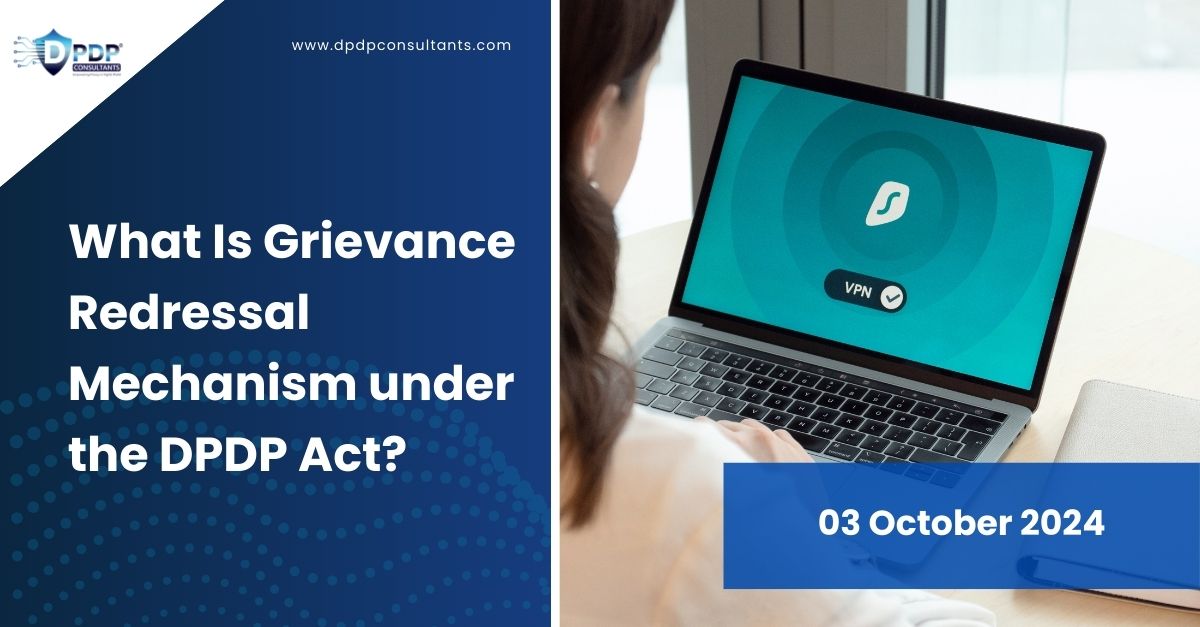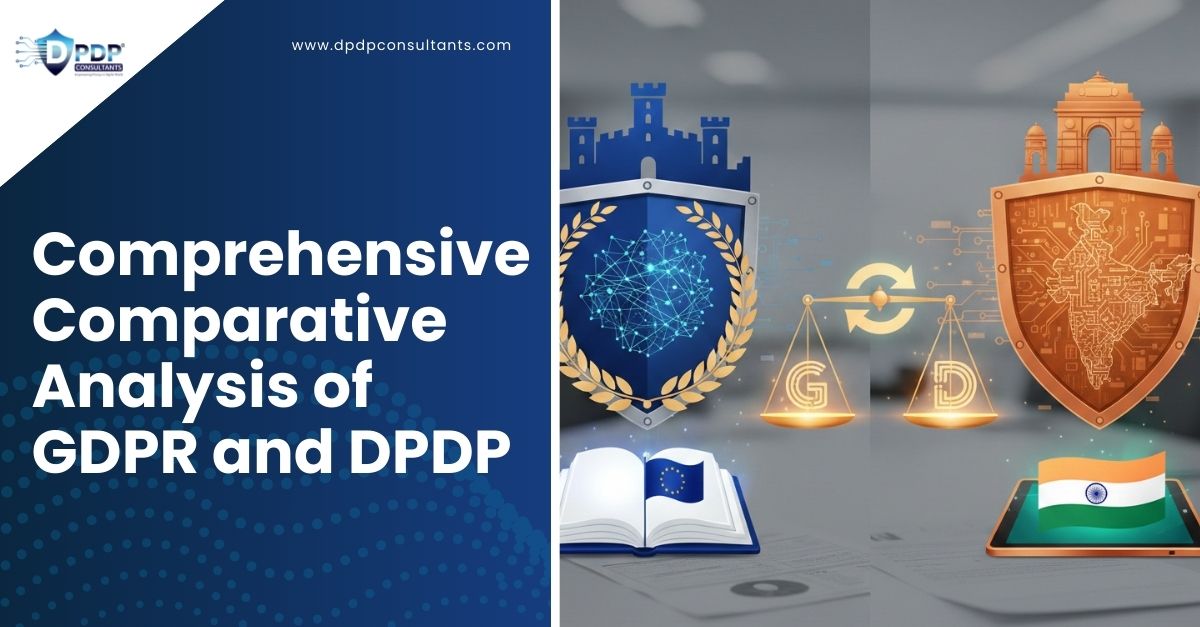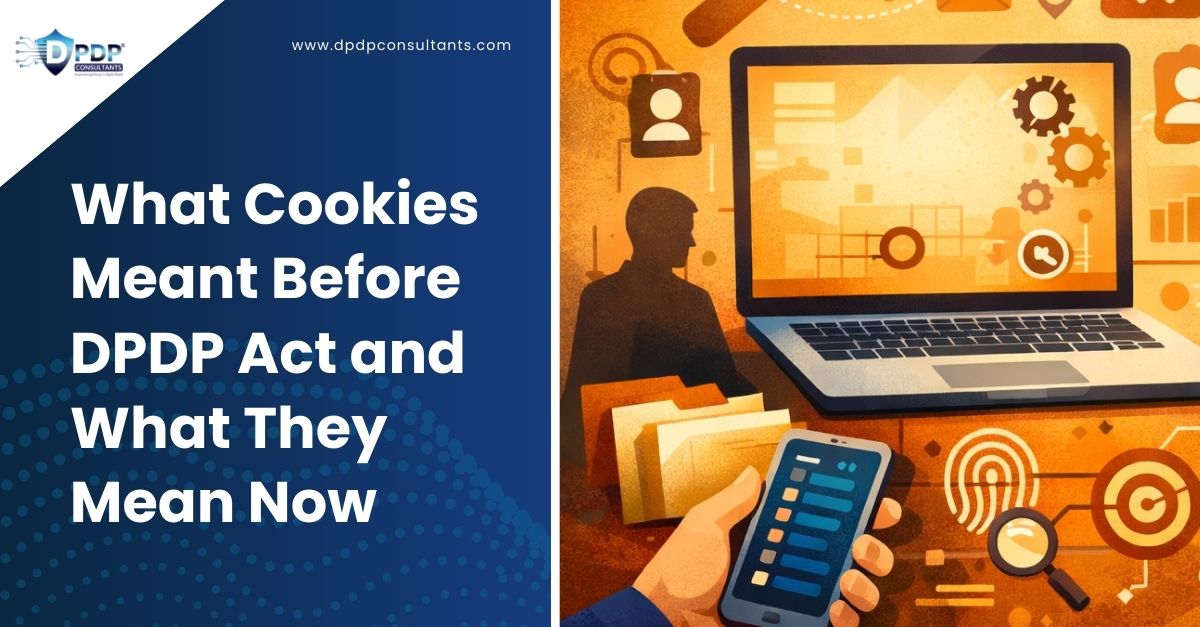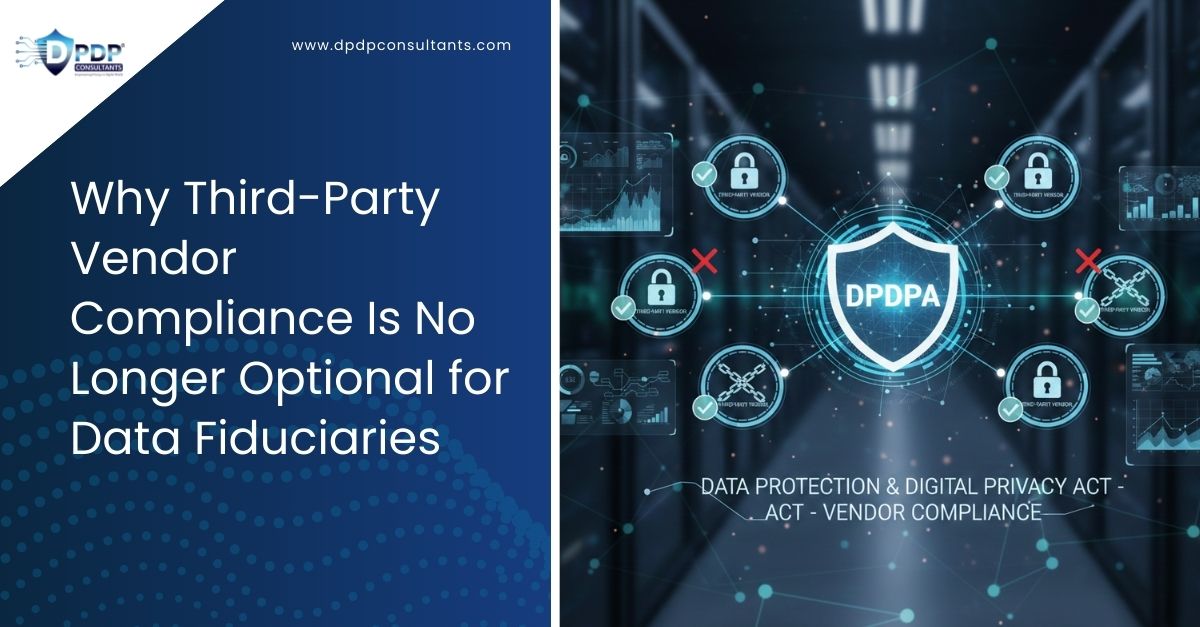India’s new privacy law
grants individuals significant rights to safeguard their personal data. Among
these rights, grievance redressal empowers individuals to lodge a complaint
with a supervisory authority in the case. As the cornerstone of the Digital Personal
Data Protection (DPDP) Act, 2023, this right guarantees openness and
accountability in data processing procedures.
In this blog, we’ll dive
deeper into how individuals can exercise this right and what it means for
organisations.
What Is the Grievance Redressal Mechanism Under the DPDP Act, 2023?
The Digital Personal Data
Protection Act, 2023 (DPDPA) emphasizes protecting individuals’ privacy rights
(referred to as “Data Principals”). It grants Data Principals several key
rights, including the right to know how their personal data is being processed,
the right to correct, update, or erase their data, the right to nominate
someone to manage their data if they are unable to, and the right to withdraw
consent.
Additionally, Data
Principals can file grievances related to a Data Fiduciary’s performance of
their obligations under the DPDPA. Based on these purposes The law requires
Data Fiduciaries to establish an accessible mechanism for redressing Data
Principals’ grievances and enabling them to exercise their rights.
When seeking consent for
data processing, the Data Fiduciary must provide a notice containing specific
information, including the Data Principals’ right to grievance redressal and
how they can complain to the Data Protection Board of India (DPBI).
If a Data Principal lodges
a complaint, the Data Fiduciary or Consent Manager must respond within a
specified timeframe. If the Data Principal is unsatisfied, they can escalate
their complaint to the DPBI.
The DPBI, comprising
government-appointed subject-matter experts and using techno-legal measures,
will have the powers of a civil court. These powers include issuing summons,
enforcing attendance, examining witnesses under oath, receiving evidence, and inspecting
data.
Benefits of an Effective Grievance Redressal Mechanism
- Enhanced Consumer Confidence: A robust grievance redressal mechanism instils
confidence among consumers regarding the protection of their personal
data. It shows how dedicated the government is to protecting citizens’
right to privacy and penalising those who violate it.
- Deterrence Against Violations: The existence of a stringent grievance
redressal mechanism serves as a deterrent against potential violations of
the DPDP Act, 2023. Organizations are motivated to follow the guidelines
for data security in order to stay out of trouble and safeguard their
brand.
- Promotion of Accountability: By providing a channel for individuals to
voice their concerns and seek redressal, the grievance redressal mechanism
promotes transparency and accountability in the digital ecosystem. It
holds governmental and corporate organizations responsible for how they
handle data.
Empowering Individuals:The Key Role of Data Principals in Grievance Redressal Mechanism
The Grievance Redressal
Mechanism, as outlined in the Digital Personal Data Protection (DPDP) Act,
2023, is a fundamental pillar of individuals’ rights regarding their personal
data. The legislation states that this mechanism gives data principals a formal
way to voice complaints about how their personal data is used. It ensures that
individuals have the right to seek remedies if they believe their data privacy
rights have been violated.
Essentially, it emphasizes
the empowerment of individuals in the digital sphere by acting as a crucial
instrument in maintaining responsibility and openness in the processing of
personal data.
At its core, the grievance
redressal mechanism embodies one of the fundamental rights provided to data
principals – the right to seek recourse in cases of data mishandling or privacy
breaches. By giving people the self-assurance to take ownership of their
personal information, this clause promotes trust across the digital ecosystem.
Data Principals can take
ownership of their data by actively exercising their rights under the DPDP Act,
2023:
- One key way to do this is by familiarizing
themselves with the provisions of the law, particularly regarding their
rights as data principals. This involves being aware of how data
fiduciaries possess, store, and share their personal information.
- In addition, data principals can proactively
engage with organizations to exercise their rights, such as submitting
requests for data access, correction, or erasure through the designated
grievance redressal mechanism.
Implications for Organizations
In terms of the
organization, creating an efficient grievance redressal mechanism is both a
compliance need and a strategic advantage. It signifies a commitment to
transparency and accountability, which are pivotal for building and maintaining
trust with customers and stakeholders.
Organizations that fail to
respond to complaints within a reasonable timeframe risk serious consequences,
including fines as high as 250 crore rupees, as required by the Digital
Personal Data Protection Act, 2023. Such delays not only tarnish an organization’s
reputation but also subject it to legal liabilities and financial risks.
In summary, prioritizing
timely resolution of grievance requests is not just about regulatory adherence;
it’s about safeguarding reputation, maintaining trust, and mitigating
substantial financial penalties.
Automating Data Principal Grievance Management
Organizations today face a
growing imperative to implement an automated process for managing data
principal grievances, and this urgency is underscored by Section 12 of the
Digital Personal Data Protection Bill. According to this section, data
principals have the right to access, rectify, complete, update, and seek the
removal of their personal data from company records. It is imperative that
these requests are addressed in a timely manner, highlighting the necessity of
effective and efficient grievance redressal procedures.
An essential remedy in
this regard is a Data Principal Grievance Redressal tool, which offers data
principals an easy-to-use forum on which to file requests and inquiries about
their personal information. Whether manually accessed by Data Protection Officers
or through automated processes, this tool streamlines the handling of
grievances, ensuring timely responses and compliance with regulatory mandates.
Through the process of
centralizing and automating the management of data principal issues,
organizations may improve customer satisfaction and trust by drastically
cutting response times. Moreover, such tools facilitate seamless communication
and collaboration among stakeholders, ensuring that all relevant parties are
informed of any queries and enabling efficient resolution and management of
grievances.
In essence, embracing
automated grievance redressal processes not only ensures regulatory compliance
but also reinforces organizational commitment to data privacy and
customer-centricity.
Penalties for Non-Compliance
The Digital Personal Data
Protection Act of 2023 imposes stringent penalties for non-compliance with its
provisions, including those related to grievance redressal.
If data fiduciaries don’t
resolve complaints within the allotted period, they risk severe penalties,
sanctions, or maybe having their data processing operations suspended. Notably,
the Act specifies a penalty of up to 250 crore rupees for certain violations,
emphasizing the gravity of ensuring timely and effective grievance redressal.
By acting as a deterrent, these fines force corporations to prioritize
compliance and protect the legal rights of data principals.
Such punitive measures
underscore the importance of prioritizing grievance resolution as part of an
organization’s data protection strategy.
Looking for expert advice from top consultants?
Whether you need guidance on legal compliance
consulting or tool-based technical solutions, DPDP Consultants can help
you with the best professional services in the industry. Get tailored insights
and practical solutions to help you succeed.
For News updates, expert insights, and practical
tips on DPDP compliance and personal data security please subscribe to our
newsletter Privacy
Talks.






